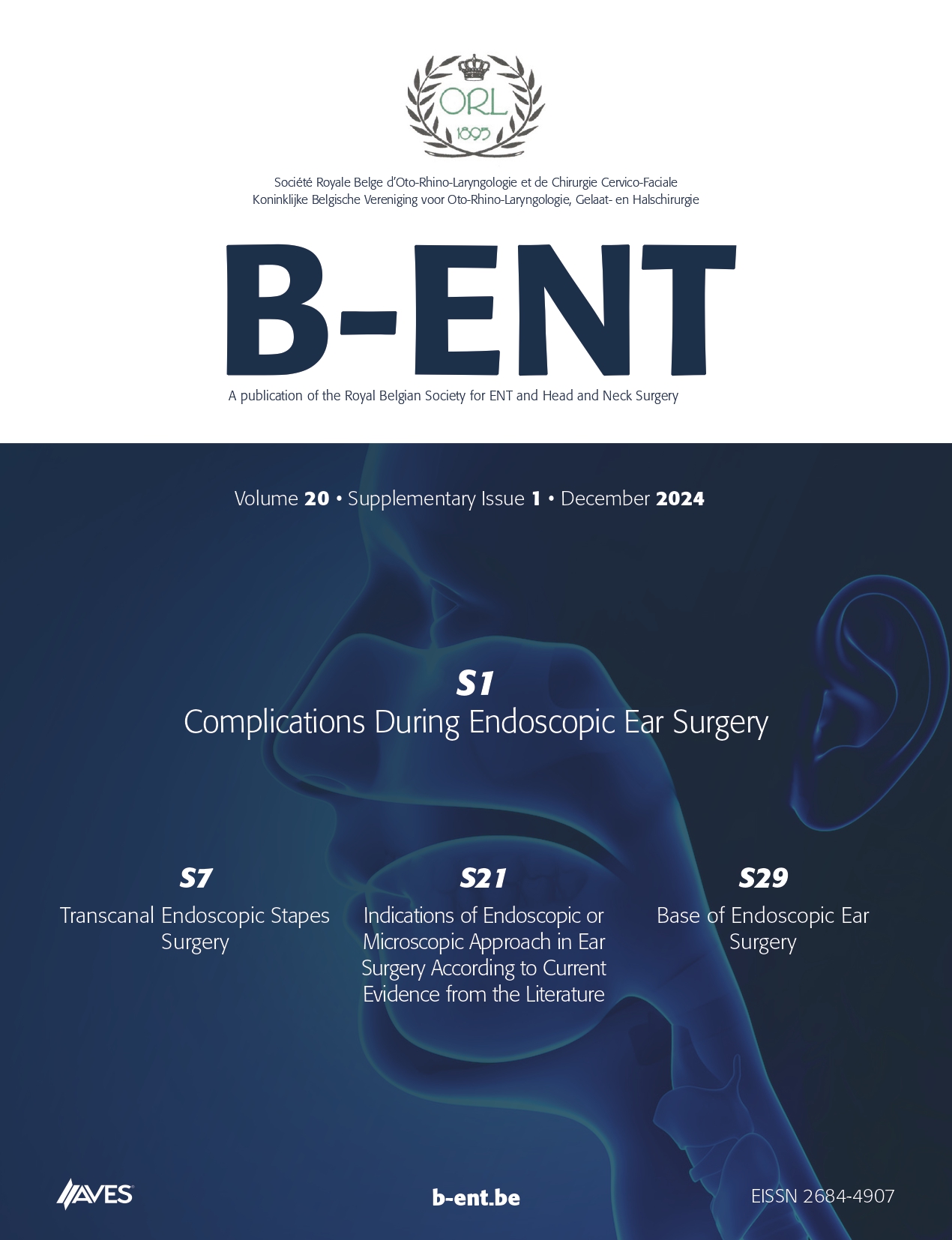A prospective study of long-term dysphagia following total laryngectomy. Objective: To evaluate the degree of dysphagia in patients before and after total laryngectomy using the Performance Status Scale for Head and Neck Cancer Patients (PSS) and to determine the effects of post-operative radiation therapy, neck dissection, and pharyngoesophageal spasm on PSS scores.
Methods: We performed a controlled, prospective study at a tertiary referral university hospital. Twenty consecutive patients undergoing laryngectomy were included. Patients were followed for at least two years post-operative, without evidence of local, regional, or distant disease. Only patients with squamous cell carcinoma limited to the endolarynx requiring total laryngectomy with or without elective neck dissection for surgical management of cancer and with no pre-operative treatment were included. Dysphagia was evaluated by PSS prior to surgery and again two years postoperatively with an emphasis on eating in public and normalcy of diet domains. Video fluoroscopic evaluation of swallowing was performed one year after treatment.
Results: The relative number of patients with low mean scores in PSS (i.e. usually swallow paste of fluid food in presence of some selected persons or alone; ≤ 50) increased after total laryngectomy (p = 0.04). Patients with lower scores reported more frequent spasm of the pharyngoesophageal segment (p = 0.005). Mean scores of both domains decreased after surgery (p < 0.05).
Conclusion: Eating in public and normalcy of diet scores decreased in 50% of patients after total laryngectomy. Trial Registration: controlled-trials.com Identifier: ISRCTN20496103.



.png)
